CANADA - More than 10,000 international student acceptance letters from Canadian colleges and universities have been found to be potentially fraudulent this year, according to immigration officials in charge of international students in the country.
Rigorous checks by Immigration, Refugees and Citizenship Canada (IRCC) have found that many international students – who claimed to have a formal place to study – may have attached fake acceptance letters to their applications to enter Canada.
The tighter checks were introduced by Canada after a group of international students seeking permanent residency last year faced deportation after their immigration consultant submitted fake acceptance letters in their study permit applications.
Bronwyn May, director of the International Students Division at the Department of Immigration, told MPs last week that since IRCC began verifying admission letters from colleges and universities over the past year, officials have “intercepted more than 10,000 potentially fraudulent admission letters.”
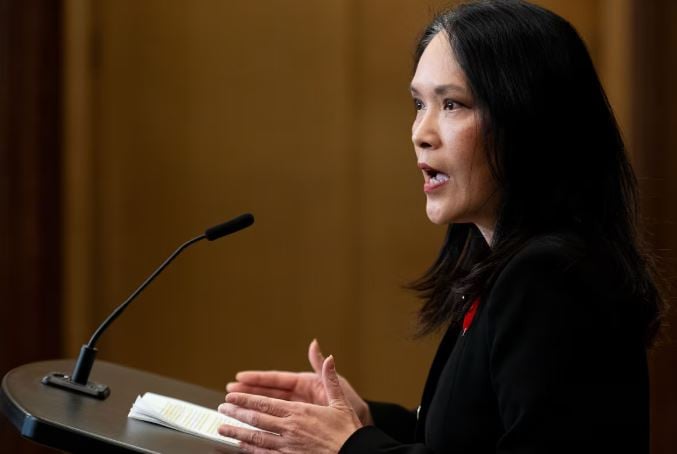
Ms May said that of the 500,000 letters of acceptance that were included in study permit applications that the agency had examined over the past 10 months, 93% had been confirmed as valid. However, 2% were not valid letters of acceptance, 1% of applicants had their places cancelled by their universities or colleges, while in some cases, schools did not respond to confirm whether the letters of acceptance were valid.
IRCC is conducting further investigations into the origins of these fraudulent invitations, May said.
A former immigration official, Annie Beaudoin, now a licensed immigration consultant in Canada, said she was not surprised by the scale of the alleged fraud.
Before the strict screening system was put in place, it was not uncommon to see suspicious admission letters, Beaudoin told The Globe and Mail . In one case, she found a group of Korean women with the same admission letter from the same institution. They were suspected of being linked to a human trafficking organization.
“This is a highly fraudulent activity. We are pleased that IRCC has implemented a quick and effective check to confirm whether these offers are legitimate,” said Beaudoin.
Immigration critic Jenny Kwan said the government's recent discovery of 10,000 fake university offers was deeply troubling. "It is unacceptable that unscrupulous individuals have been taking advantage of international students for so long. The government needs to not only identify who these individuals are, but also the educational institutions that may be collaborating in these fraudulent schemes," Kwan said.
“It is not only important to protect the integrity of the program, Canada also has a responsibility to protect international students who are defrauded.”
The Canadian government launched an investigation last year into 2,000 suspected cases involving students from India, China and Vietnam, finding that about 1,485 people had received false documents from immigration consultants abroad to enter Canada.
Several students were denied entry after their admission letters were found to be fake, but others made it to Canada.
Since December of last year, universities and colleges have been required to verify offers of admission through an online portal established by IRCC. On January 30 of this year, this measure was extended to study permit applications and extensions submitted domestically.
Requiring schools to verify the validity of admission offers “helps deter bad actors” and protects prospective students from fraudulent documentation, said IRCC spokesman Jeffrey MacDonald.
He said the fraudulent invitations include genuine invitations that have been altered, invitations that are no longer valid and invitations that are forged. International students found to be using fraudulent documents will be banned from entering Canada.
Once a fake invitation is discovered, IRCC will continue to investigate and, if it is determined that the person is a genuine student, they may be granted a temporary resident permit, and the finding of misrepresentation related to the fake invitation will not be counted in future applications.
Tom Kmiec, an immigration policy reviewer, criticized the government for issuing large numbers of student visas “without adequate oversight or concern for the consequences.”
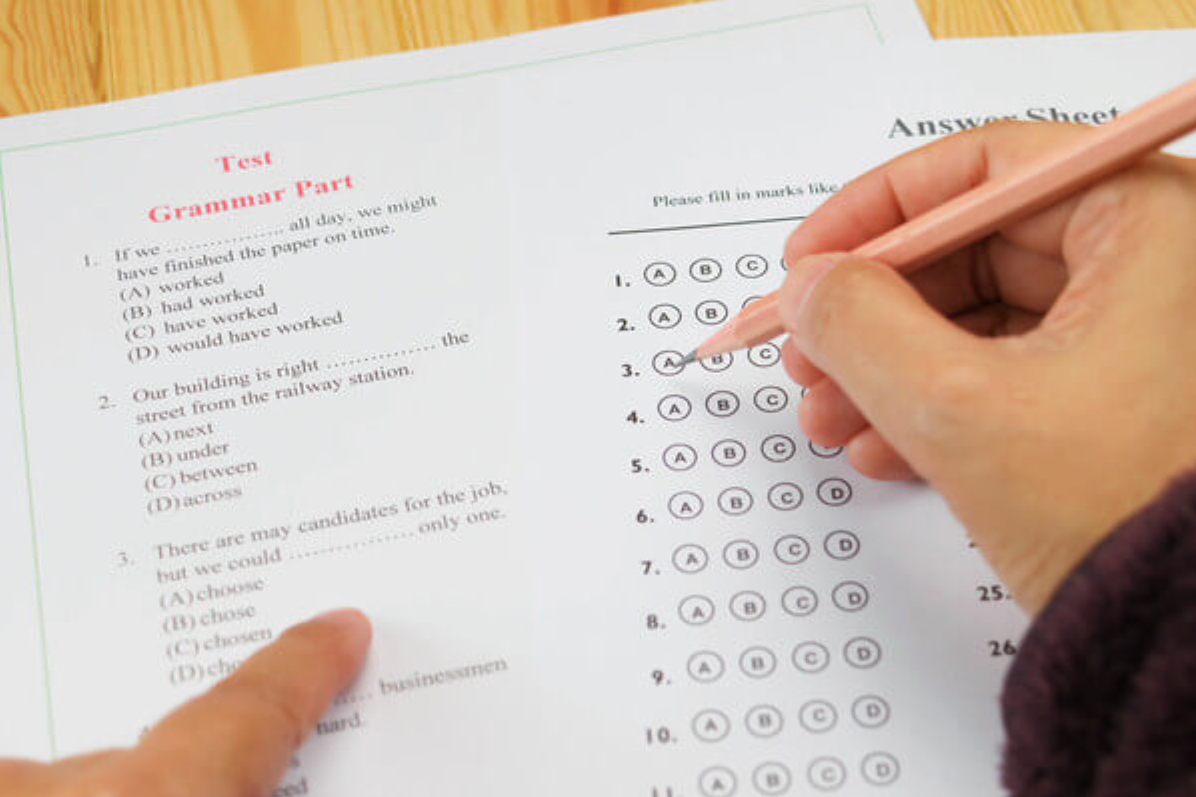
Source: https://vietnamnet.vn/canada-canh-bao-hon-10-000-thu-moi-nhap-hoc-cua-sinh-vien-quoc-te-co-the-la-gia-2344665.html




![[Photo] Cat Ba - Green island paradise](/_next/image?url=https%3A%2F%2Fvphoto.vietnam.vn%2Fthumb%2F1200x675%2Fvietnam%2Fresource%2FIMAGE%2F2025%2F12%2F04%2F1764821844074_ndo_br_1-dcbthienduongxanh638-jpg.webp&w=3840&q=75)



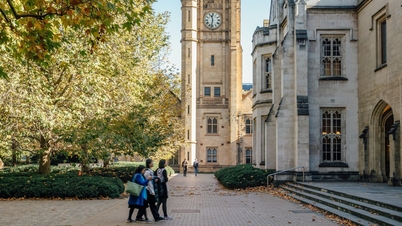



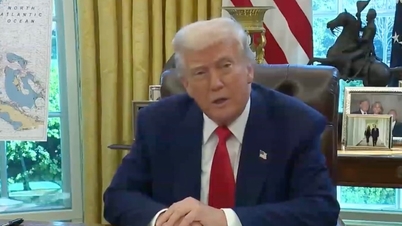

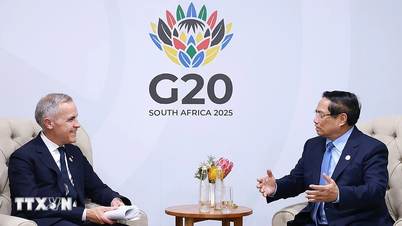




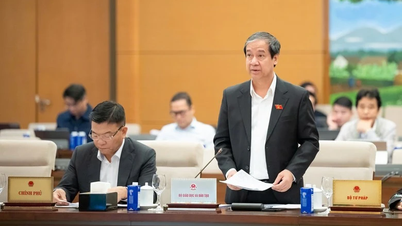

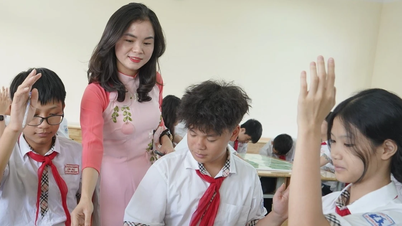
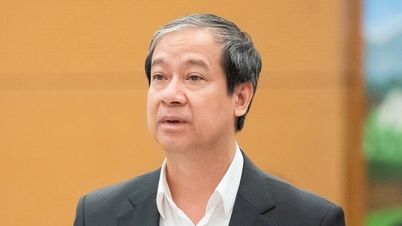

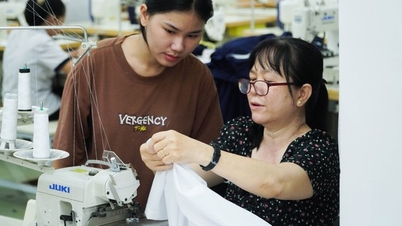



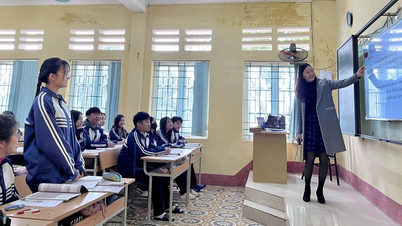




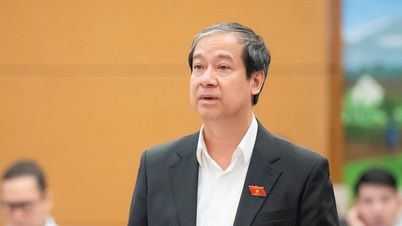

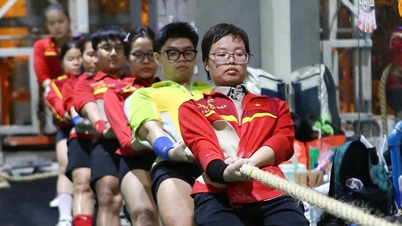


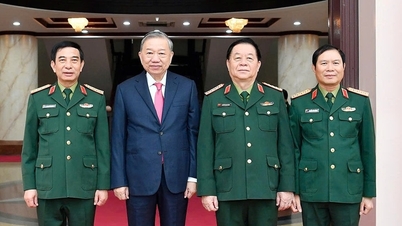



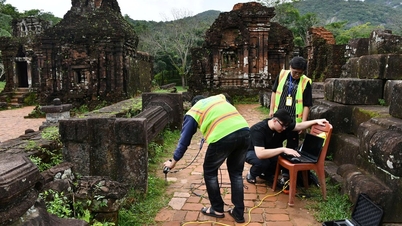

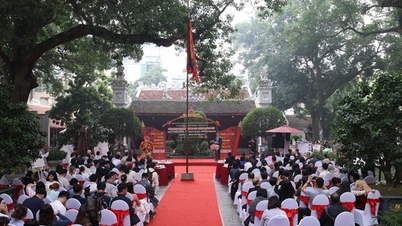





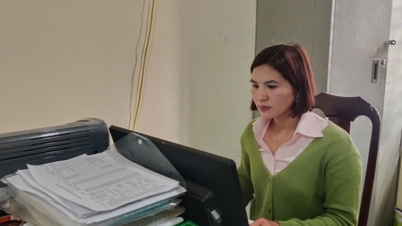

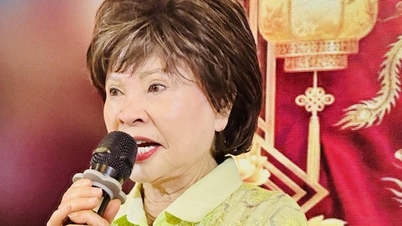
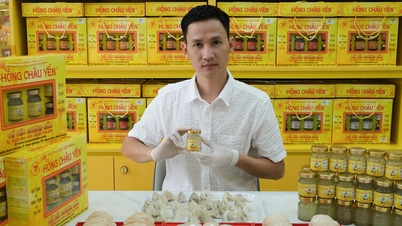

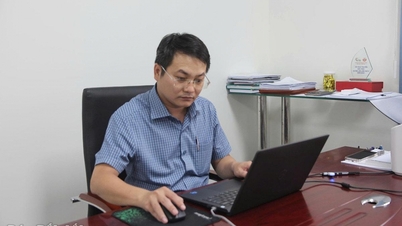
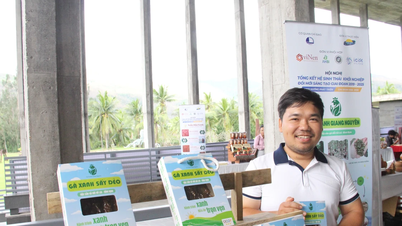

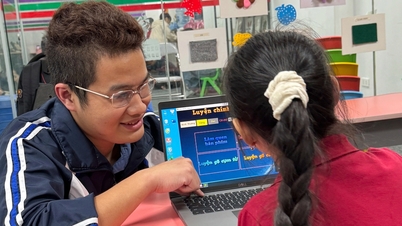


![[VIMC 40 days of lightning speed] Hai Phong Port determined to break through, reaching the target of 2 million TEUs by 2025](https://vphoto.vietnam.vn/thumb/402x226/vietnam/resource/IMAGE/2025/12/04/1764816441820_chp_4-12-25.jpeg)













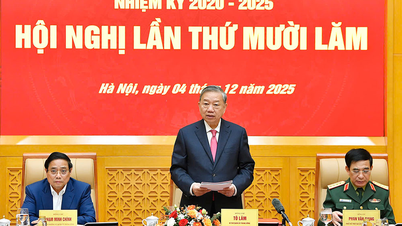



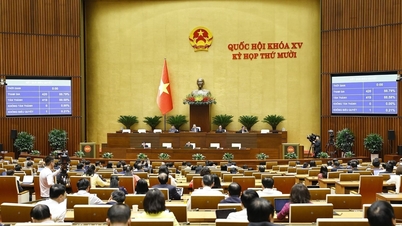

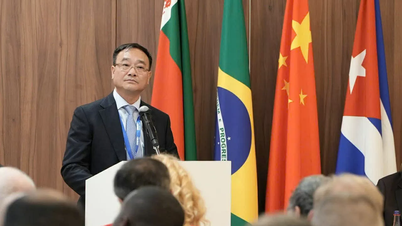

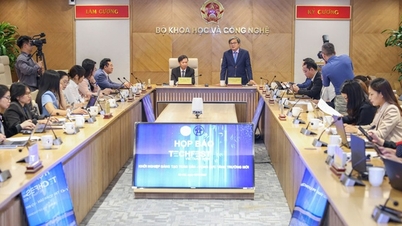

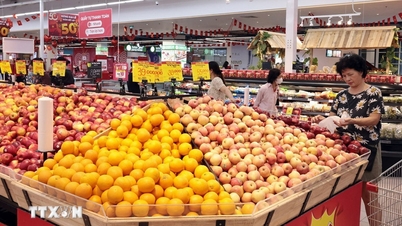
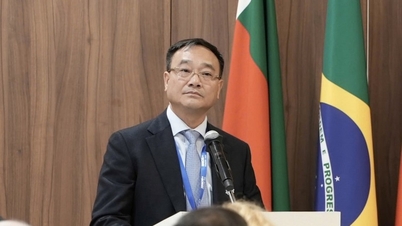

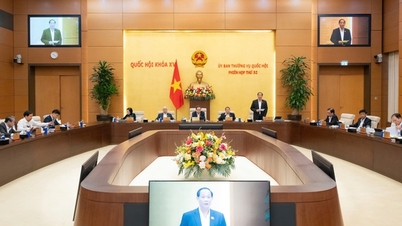

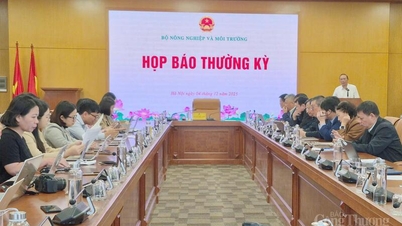
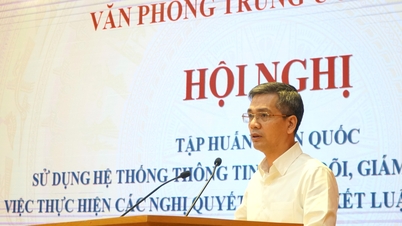







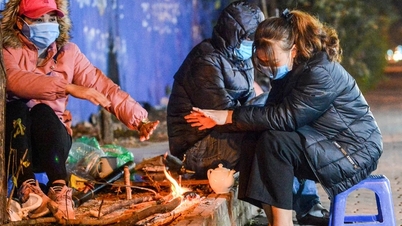
















Comment (0)